Control pest in eco friendly way, 80 Billion $ Pesticide Industry
Control pest in eco friendly way | Blog Post by wecareearth.com |
Greetings to all nature lovers and those dealing with pesky pests! Let’s face it, unwanted visitors in your home are never fun. But before you reach for the harsh chemicals, consider a more sustainable and eco-friendly approach to pest control!
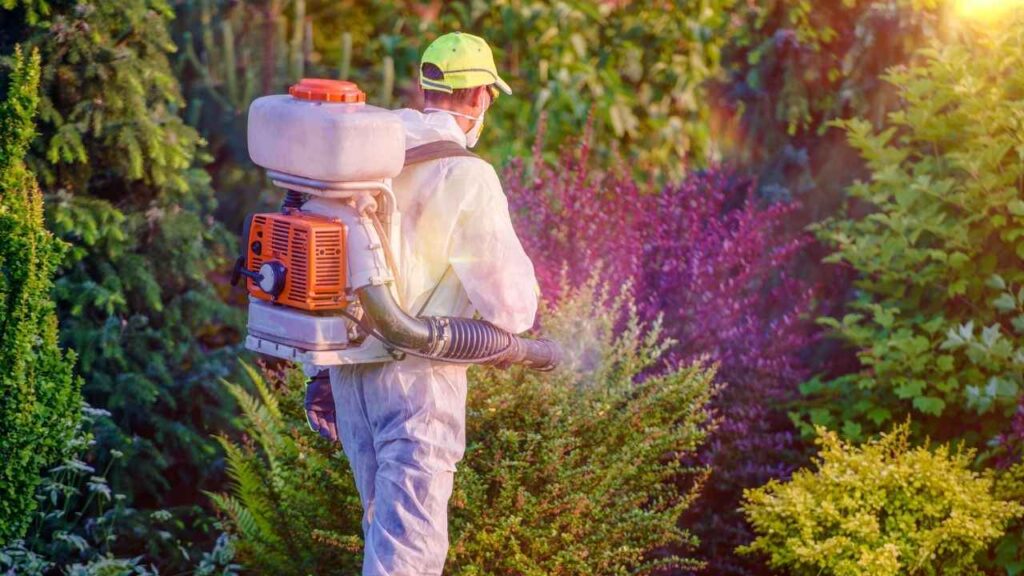
Table of Contents
Why choose to control pest in eco friendly way?
The reason is the traditional methods for controlling pests heavily depend on strong chemicals. Although they may appear to work well, these chemicals can actually have a negative impact on our health. Research has shown that being exposed to pesticides can lead to various health issues, such as :-
- Exposure to pesticides can have detrimental effects on our respiratory system. It can cause irritation in our lungs and airways, resulting in symptoms such as coughing, wheezing, and difficulty in breathing.
- Additionally, pesticides can also cause skin problems when they come into direct contact with our skin or when we inhale them. This can lead to skin irritation, rashes, and even allergic reactions
- Moreover, there is a concerning link between long-term exposure to pesticides and various health issues. Studies indicate that chronic exposure to pesticides may heighten the risk of developing certain types of cancers, neurological disorders, and even birth defects.
To control pest in eco friendly way more expensive?
The cost can vary depending on the specific methods used and the severity of the infestation. In some cases, eco-friendly methods can be more expensive upfront. However, the long-term benefits of a healthy environment and potentially avoiding future infestations can outweigh the initial cost.
Statistics to prove pesticides are earth killers!
In a recent study from 2020 that was published in the International Journal of Environmental Research and Public Health, it was found that kids are more at risk when it comes to the negative impacts of pesticides on health. This is because their bodies are still growing and developing, which makes them more vulnerable to the harmful effects of these chemicals.
By the year 2025, experts predict that the worldwide pesticide industry will achieve an astonishing milestone, with a projected value of $80.3 billion. This staggering figure highlights the immense scale of the market and the significant impact it has on our environment. Reference – Grand View Research.
In a recent study published in the journal Science in 2019, researchers discovered that neonicotinoids, which are commonly used insecticides, play a significant role in the decreasing bee populations across the globe. Reference.
What are the eco friendly ways to control pest?
There are several eco-friendly ways to control pests without resorting to harmful chemicals. Here are some methods :-
Biological pest control
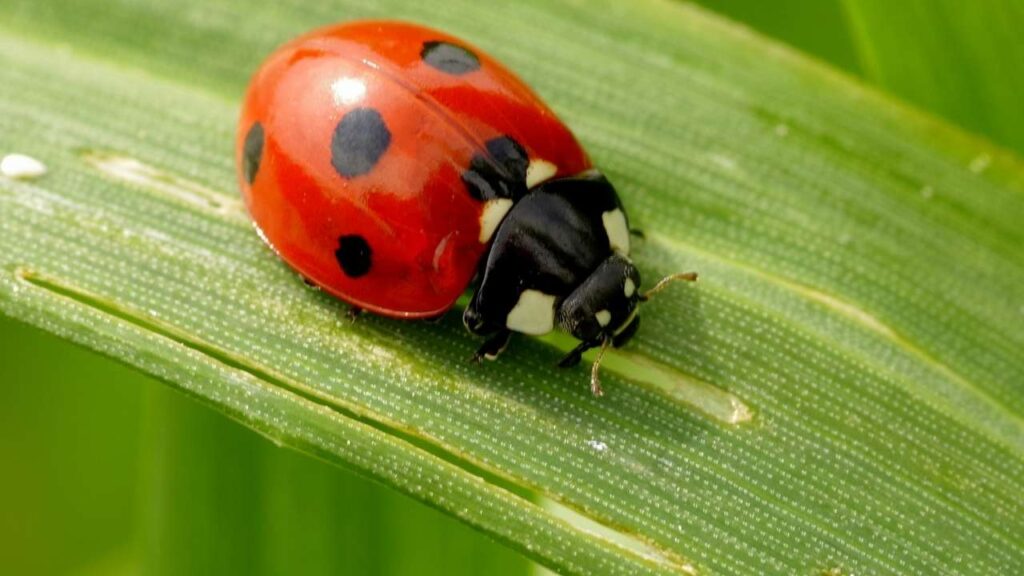
One way to tackle the problem of pests in gardens and farms is by introducing natural predators or parasites that feed on these pest species. For instance, ladybugs are known to be effective in controlling aphids, which are a common garden pest. Nematodes, on the other hand, are microscopic worms that can be used to target and eliminate soil-dwelling pests like grubs and caterpillars.
Additionally, certain types of birds, such as the purple martin, are natural predators of insects and can help keep pest populations in check. By harnessing the power of these organisms, we can reduce the reliance on chemical pesticides and create a more balanced and sustainable ecosystem.
Habitat Modification
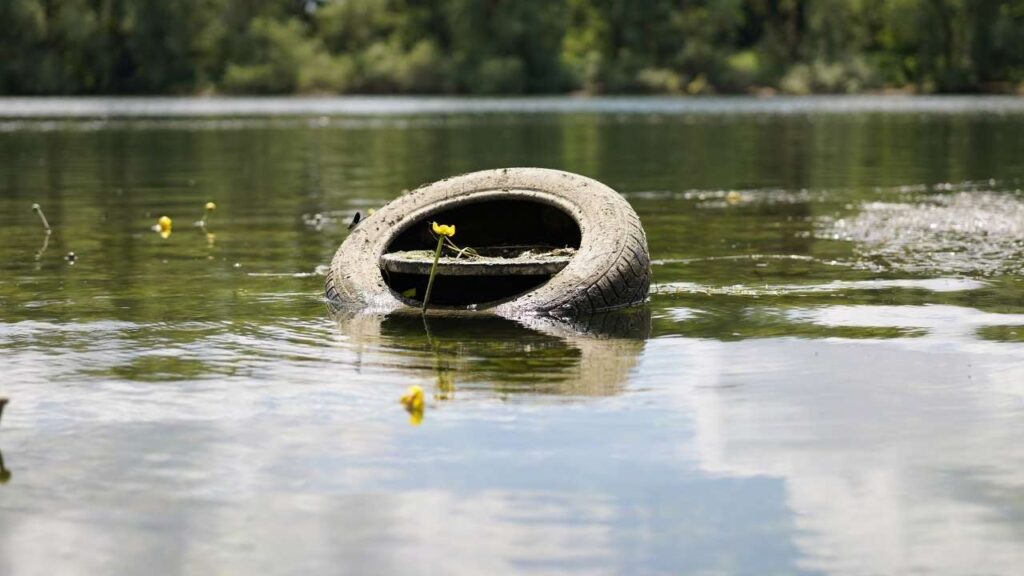
To create an environment that is less welcoming to certain pests, such as mosquitoes, you can take various steps around your home. One effective method is to eliminate any sources of standing water, as mosquitoes breed in stagnant water. By getting rid of these water sources, you can significantly reduce the mosquito population around your home.
Bring Bugs to Rescue
Attracting ladybugs, lacewings, and praying mantises to your garden can be a great way to naturally control pests. Ladybugs have a particular fondness for aphids, while lacewings are experts at devouring mealybugs.
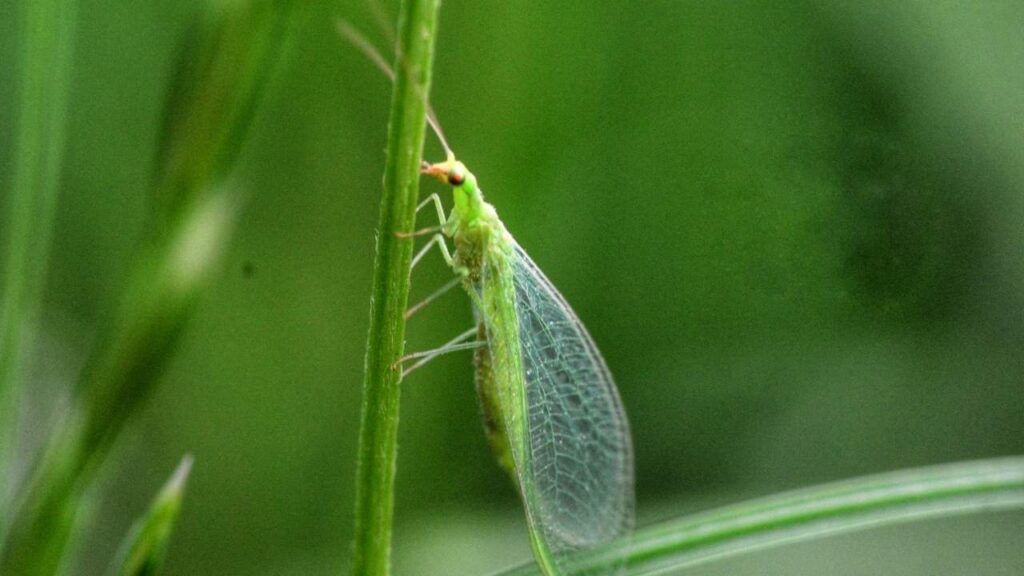
As for praying mantises, they are like the ultimate roach busters in the insect world. By inviting these beneficial insects into your garden, you can create a team of pest control superheroes that will help keep your plants healthy and thriving.
So, why not give them a warm welcome and let them do their job in maintaining a balanced ecosystem in your garden?
Related Blog :- Attract Butterflies, Bees & Pollinator to garden.
Power of cleanliness
It is important to frequently tidy up any crumbs, spills, and pet food leftovers in order to eliminate any possible food sources that may attract pests.

Additionally, making a habit of vacuuming regularly not only helps to get rid of any eggs that might be present, but also eliminates any potential hiding spots for these unwanted critters.
Physical Barriers
To safeguard crops from pests, it is advisable to employ physical barriers like nets, row covers, or screens. These barriers act as a shield, preventing pests from reaching the crops and causing damage.
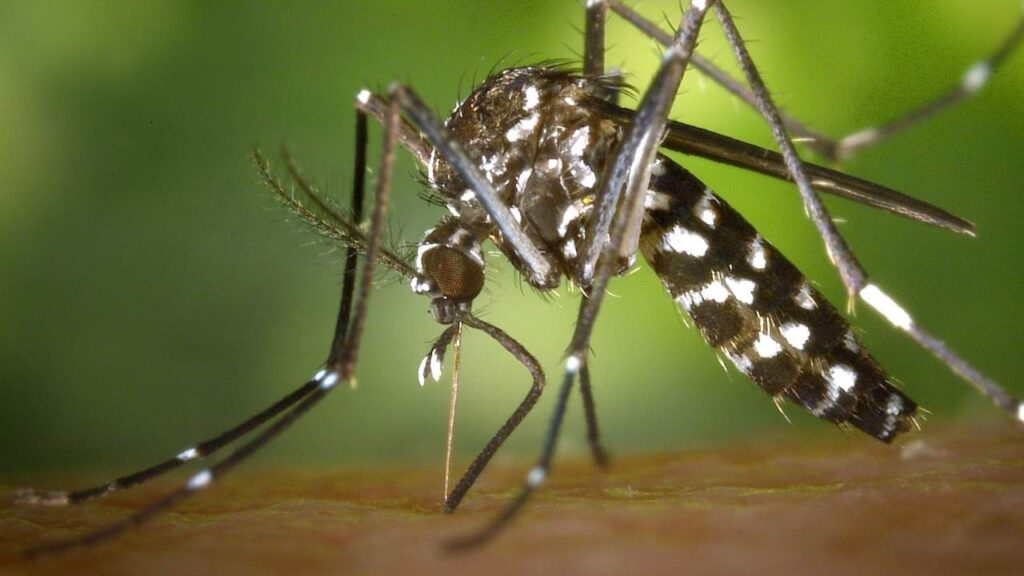
Nets are particularly effective in keeping flying insects away, while row covers provide a protective layer over the plants, shielding them from crawling pests. Screens, on the other hand, can be used to enclose an entire area, creating a barrier that pests cannot penetrate.
Maintain Soil Health

Having nutrient-rich soil is essential for plants to thrive and be able to fend off pests on their own. By incorporating compost and organic fertilizers into the soil, you can enhance its quality and provide plants with the necessary nutrients they need to grow strong and healthy. This will not only help them resist pest infestations naturally but also promote overall plant growth and productivity.
Crop Rotation
To effectively manage pests and prevent their accumulation in certain areas, it is important to regularly rotate crops. By rotating crops, farmers can disrupt the life cycles of pests, making it harder for them to establish and thrive. This practice involves planting different crops in different areas each season, which helps break the cycle of pests that are specific to certain crops.
How can I find a reputable eco friendly pest control company?
Look for companies that are certified in Integrated Pest Management (IPM) practices. Ask about the specific methods they use and ensure they prioritize prevention and non-chemical solutions. Online reviews and recommendations from friends and family can also be helpful.
What are some things I can do to prevent pests in the first place?
1. Keep your home clean and free of clutter.
2. Store food in airtight containers.
3. Seal up cracks and entry points around doors, windows, and pipes.
4. Address any moisture issues like leaky faucets or condensation.
5. Regularly clean up spills and crumbs.
6. Consider planting natural pest repellents like peppermint or citronella around your home.
Conclusion
In conclusion, We have explored 7 methods to control pest in eco friendly way, aiming to keep your home free of unwanted critters while safeguarding your health and the environment. Traditional chemical pest control methods can have negative health impacts and harm the environment.
We discussed on various eco-friendly alternatives like biological pest control, habitat modification, attracting beneficial insects, maintaining cleanliness, using physical barriers, and crop rotation. This blog post also provides tips for finding reputable eco-friendly pest control companies and preventing pest infestations in the first place.
If you have any other queries please feel free to reach us out at contact@wecareearth.com , We are responsive to your questions, advice and suggestions.
Do you love learning about ways to live a greener life? We’re all about promoting sustainability and eco-friendly choices at We Care Earth! Our blog is packed with articles on everything from amazing green brands to tips for sustainable living, climate change awareness, and even creating your own eco-friendly garden. Come visit us and see how you can make a positive impact on the planet!
